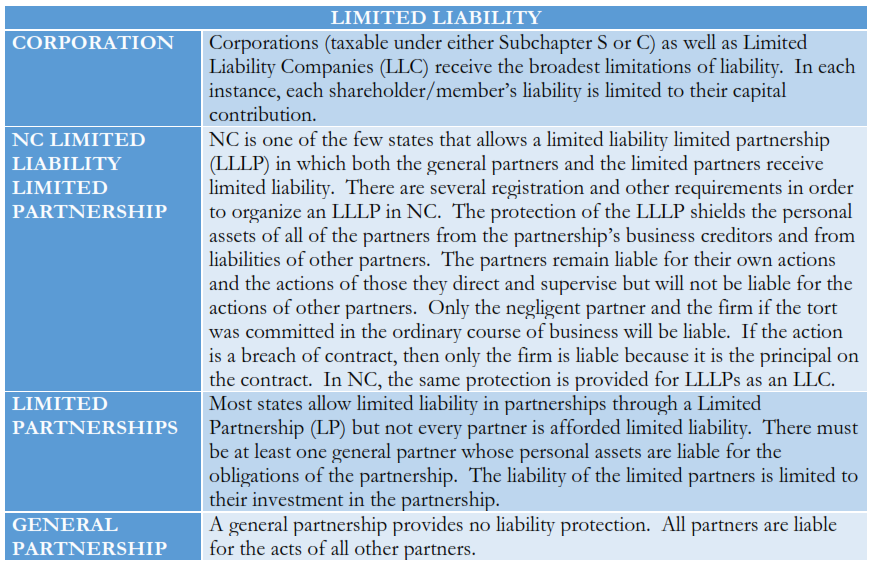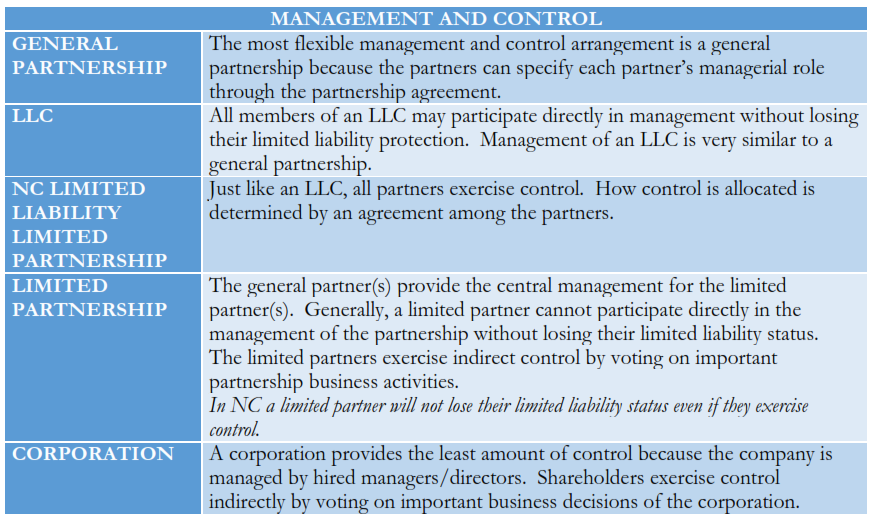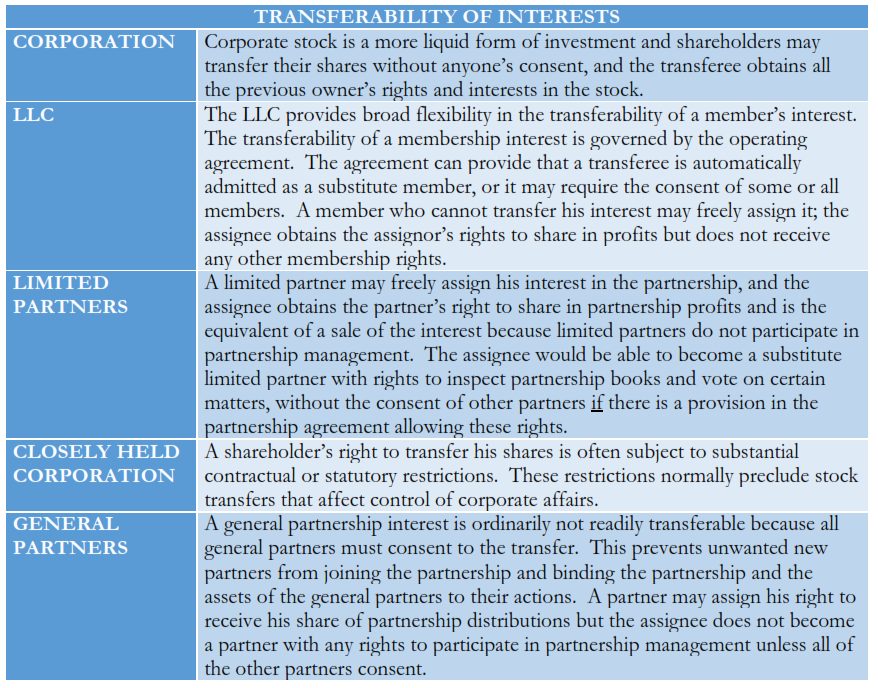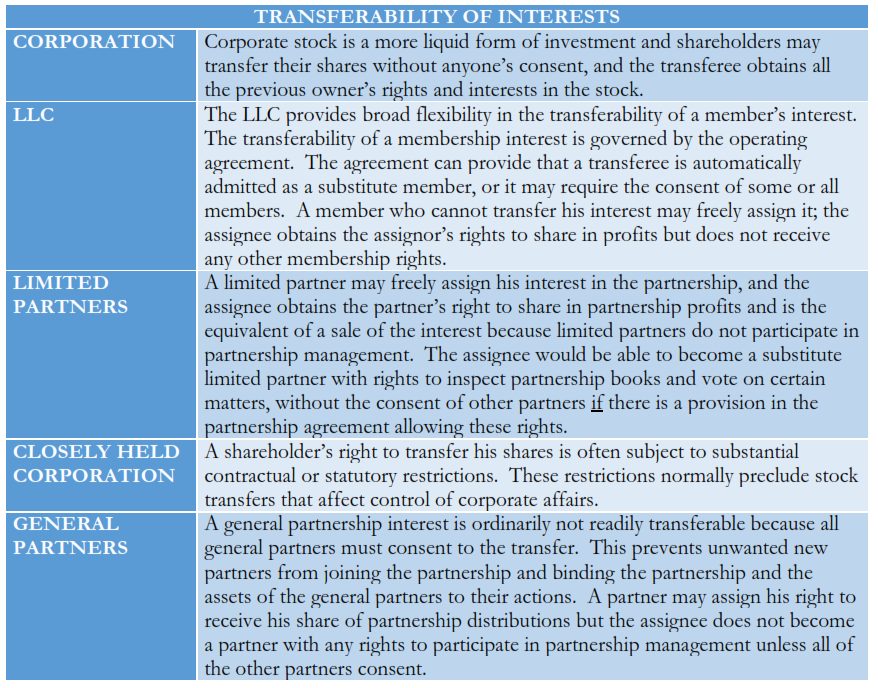 The “owners” of a Limited Liability Company are traditionally referred to by attorneys as the LLC’s “Members”. It’s important to realize that (with some variation from state to state) there can be “Members” but also what may be referred to as “Economic Interest Owners”, and those are not the same thing. However, for the rest of this article and related articles, we’re just going to use the terms “Member” and “Owner” as synonyms, and Owner is going to mean someone who has full rights in the Company (mainly meaning having voting and economic rights).
The “owners” of a Limited Liability Company are traditionally referred to by attorneys as the LLC’s “Members”. It’s important to realize that (with some variation from state to state) there can be “Members” but also what may be referred to as “Economic Interest Owners”, and those are not the same thing. However, for the rest of this article and related articles, we’re just going to use the terms “Member” and “Owner” as synonyms, and Owner is going to mean someone who has full rights in the Company (mainly meaning having voting and economic rights).
A very common question we get asked at our law firm of McGrath and Spielberger is “What do I need to do to add an owner to my company?” The answer to that exact question is similar to the related question of “How do we transfer the ownership interests of a Member who is leaving the LLC?”
The process and legal mechanics of changes to business ownership are largely discussed in the first 5 parts of this series. In this article, we’ll focus on questions such as the following.
- Can (or should) an attorney represent both a buyer and a seller?
- Can an attorney serve in a neutral role, essentially working on the transaction without representing a particular party?
- Does each party involved in the deal need their own lawyer / law firm?
- Can the same attorney / law firm represent the LLC and also give advice to individual members?
As is the case in most things “legal”, the devil is in the details, “it depends”, and “changing one fact about the situation may change the answers”. Having said that, here’s how it generally works, based largely on the professional regulations which apply to lawyers (which differ somewhat from state to state and which are typically called the “Rules of Professional Conduct”).
- Can (or should) an attorney represent both a buyer and a seller? NO. A single lawyer / law firm should not, and usually could not, represent the buyer and the seller.
- Can an attorney serve in a neutral role, essentially working on the transaction without representing a particular party? YES. In fact, this is an underutilized scenario. Realistically, this can be a bit tricky or even awkward, but in many instances this works just fine and can save everyone significant time and money.
- Does each party involved in the deal need their own lawyer / law firm? NO in the sense that nobody “has” to have an attorney at all (unless perhaps the Operating Agreement says otherwise). NO in the sense that a single attorney can usually represent parties who are aligned / have common interests. YES in the sense that an attorney should not, and typically could not, represent parties who have opposing interests (even if there is no “dispute”).
- Can the same attorney / law firm represent the LLC and also give advice to individual members? YES, NO, MAYBE? The answer to this one is similar to (C) above. Many non-lawyers (and even some lawyers) may not always clearly grasp that “representing someone” and “giving advice” are essentially the same thing. For example, this is not terribly uncommon:
- LLC Member: “Hey Lawyer, I realize you don’t represent me, but can you just tell me if anything in this proposed Membership Interest Transfer Agreement is unfair to me?”
- Lawyer: “I’m sorry, I can’t give you that advice (which would more or less make you my client, or at least blur that line), since I represent a different party in this situation, whose interests may not completely align with yours.”
On the other hand, a lawyer typically would be allowed to represent (for example) the LLC itself and aligned owners, in particular owners who are not buying or selling. There are other combinations of parties who could be represented by the same lawyer in the same transaction / situation.
Another important aspect of this (not further explored here) is a “waiver of conflicts of interest”. In a high level sense, parties – to a certain extent – can waive some conflicts of interest or potential conflicts of interest. Doing so may allow a single attorney / single law firm to represent multiple parties when that perhaps could not happen without the conflict of interest waiver by those parties.
These sorts of LLC transaction issues are commonly dealt with by business law attorneys but can be tricky. Paying attention to these details, being careful, and planning ahead gets the best results for clients, which is what we do here at McGrath & Spielberger.
If you’d like assistance with business compliance services, please click here: https://mcgrathspielberger.com/business-compliance-services/.







 When you decide to start a business venture, there are a myriad of things to consider. You have possibly already chosen the purpose of your venture and what it is you are going to make, do, or sell. You have probably also played around with what to name your business. Now what? Where do you go from here?
When you decide to start a business venture, there are a myriad of things to consider. You have possibly already chosen the purpose of your venture and what it is you are going to make, do, or sell. You have probably also played around with what to name your business. Now what? Where do you go from here?






